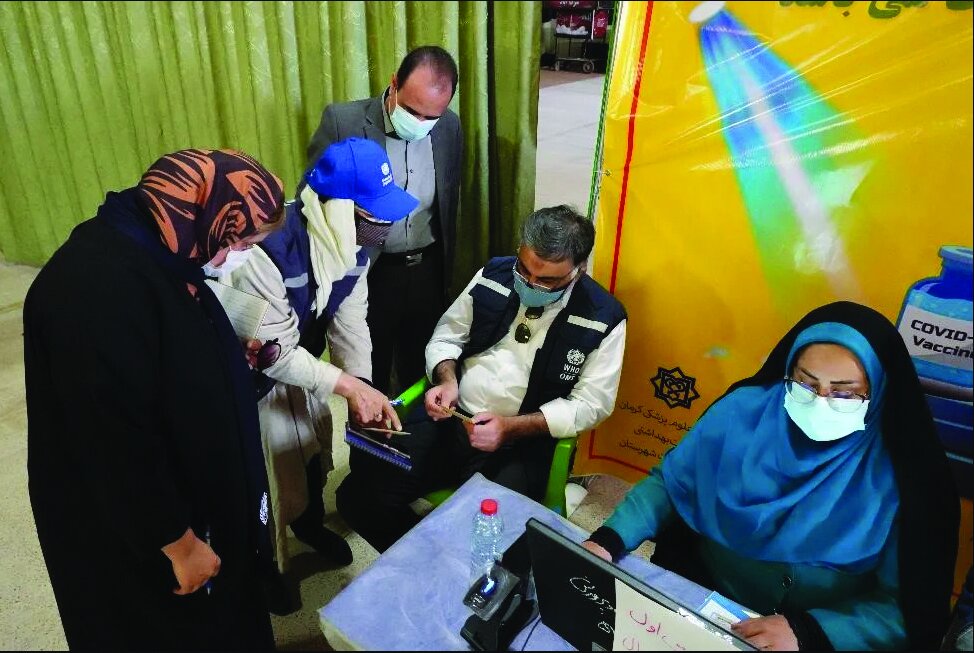WHO, UNHCR to provide more health services to Afghan refugees in Iran

TEHRAN – The World Health Organization plans to boost support to Iran in delivering health care services to the Afghan community, as well as the host population in the country, orchestrated in collaboration with UNHCR.
In light of the recent developments in neighboring Afghanistan which has spurred a new influx of refugees into the country.
The decision was announced by WHO Representative Iran Syed Jaffar Hussain who visited the southern Kerman province in close proximity to the Iran-Afghanistan border on October 27, at the head of a WHO delegation of technical experts and met with local and provincial authorities of Kerman University of Medical Sciences.
The visit provided a fresh opportunity to check on health care facilities providing services to refugees in Kerman province, including a vaccination center and a delivery and maternal services facility dedicated to the foreign population in the area.
The refugee-exclusive vaccination center in Sharafabad, a densely Afghan-populated district in Kerman, provides COVID-19 immunization services to 400–500 Afghan nationals on a daily basis regardless of their legal status.
The visitors get a choice between the Chinese vaccine Sinopharm, and the Indian jab COVAXIN, donated by the Government of India. Refugees under 18-years of age are also inoculated using Sinopharm at this center. Visitors also get vaccine-related health information in the form of brochures before and after vaccination.
“Post-injection adverse effects following immunization (AEFI) is also observed at this center to promptly respond to potential adverse effects in those being inoculated,” said Hussain during the visit. “It is a great health resource for Afghan refugees whether they are registered or not registered [for legal residence].”
The delivery services facility located about 25 km outside of the provincial capital, established in a joint collaboration between Kerman University of Medical Sciences and UNHCR supported by the Interior Ministry’s Bureau for Aliens and Foreign Immigrants’ Affairs to respond to the large population of Afghans in the province, is now well-known and trusted among Afghan women.
“The delivery center for Afghan refugees is well-organized in terms of service provision and delivery, and the staff is dedicated and well-trained, but they require regular training and medical supplies,” said Hussain on the sidelines of the visit, pledging that WHO would support the health ministry in addressing them.
The current Afghan refugee crisis comes on top of millions of Afghan refugees already in neighboring countries. Iran has been hosting Afghan refugees since 1979, and according to UNHCR, there are between 3 and 3.5 million Afghans in the country. Nearly one million are considered to be de facto refugees, about half a million have Iranian visas, and the rest are considered to be undocumented.
On his mission to Kerman, Hussain also met with local and provincial authorities of Kerman University of Medical Sciences, and paid a visit to the Research Institute of Future Studies in Health and the Stem Cells and Regenerative Medicine Comprehensive Centre, both affiliated to the Kerman University of Medical Sciences.
FB/
Leave a Comment